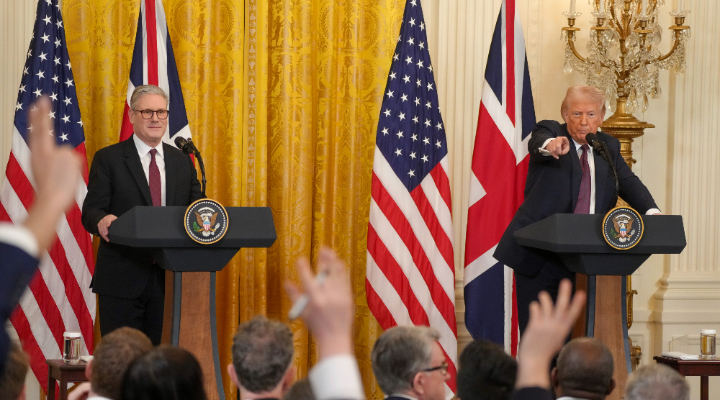The IMA's Japan Smaller Companies sector is incredibly limited: With jus
t seven retail offerings, it's a strong argument for the IMA to open up its "walled garden" of locally domiciled funds, or for advisers and investors to simply use sectors that include offshore offerings. In any case, it's hard to make much of a case for investing in Japanese small caps as a distinct asset class. A broad Japan fund can offer diversification to a portfolio, but we remain unconvinced that narrowing the universe to small-caps adds enough additional diversification to warrant the heightened volatility that comes with such offerings. In many cases, their R-squareds with the FTSE All Share over the past three years aren't much different than you can get with a plain vanilla Japan fund.
If you want to dip your toe into these high-risk waters, there are several intriguing offerings in the group, but no real standouts. By far the best long-term record is owned by SWIP Japanese Smaller Companies, but Chisako Hardie--the manager responsible for most of that record--left in late 2006. Moreover, it's worth noting that the fund was tiny during Hardie's tenure, giving her a decided advantage in a sector where liquidity is constrained. The fund remains small, however, and so retains that advantage. Hardie's successor, Kaori Ishii, has also done reasonably well since taking the helm. Despite tilting the fund more toward export-led companies in 07 and arguably holding on to names such as Sasebo Heavy Industries too long, the fund lost a bit less than the sector norm over the past year (mind you, that isn't saying much--it was still down 23% in the period).
AXA Framlington Japan Smaller Companies, Hardie's new fund, is also worth a look. It has fared poorly over the past twelve months, but Hardie showed a flair for outperforming in both down and up markets during her tenure at the SWIP offering. Like her old fund, this was has the benefit of operating with a small asset base. Finally, we think investors could do worse than Baillie Gifford Japan Smaller Companies--it tends to go a bit higher up the market-cap scale than the other offerings in the sector and is thus the least volatile fund in the group. With a 1.56% TER, it's also the cheapest, giving it a built in edge over time. The downside is that Baillie lost manager Alistair Way to Standard Life in April of last year, but we think the team-based approach should help smooth out any bumps, and new manager John MacDougall has been with the Japan team since 2001.
A version of this article previously appeared in Investment Adviser, Financial Times Ltd.
























